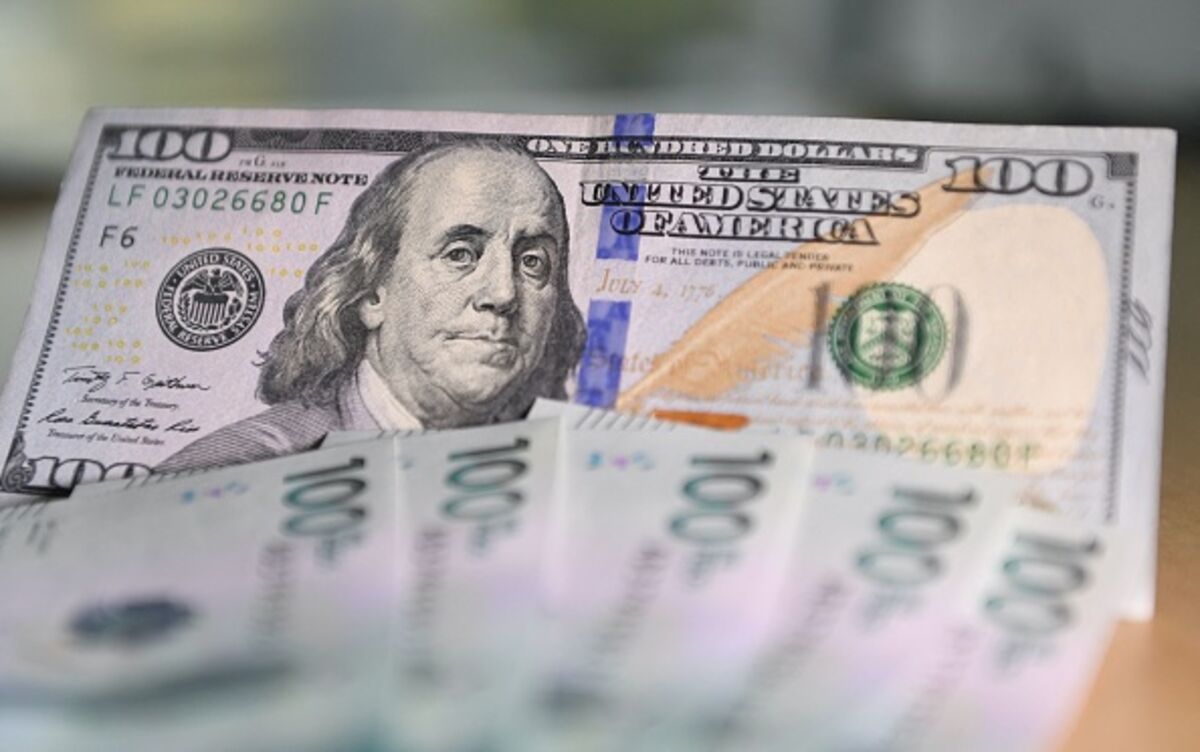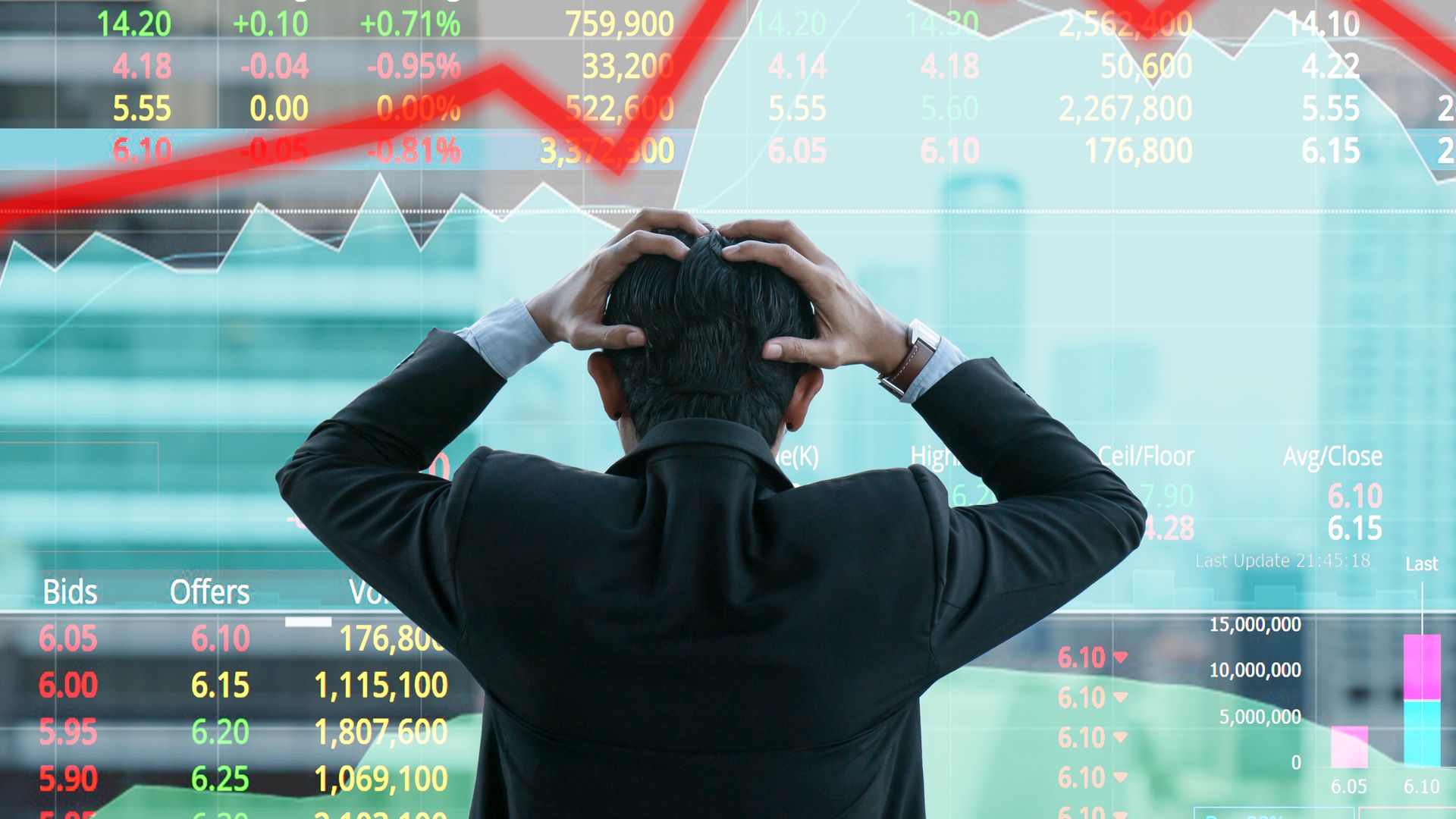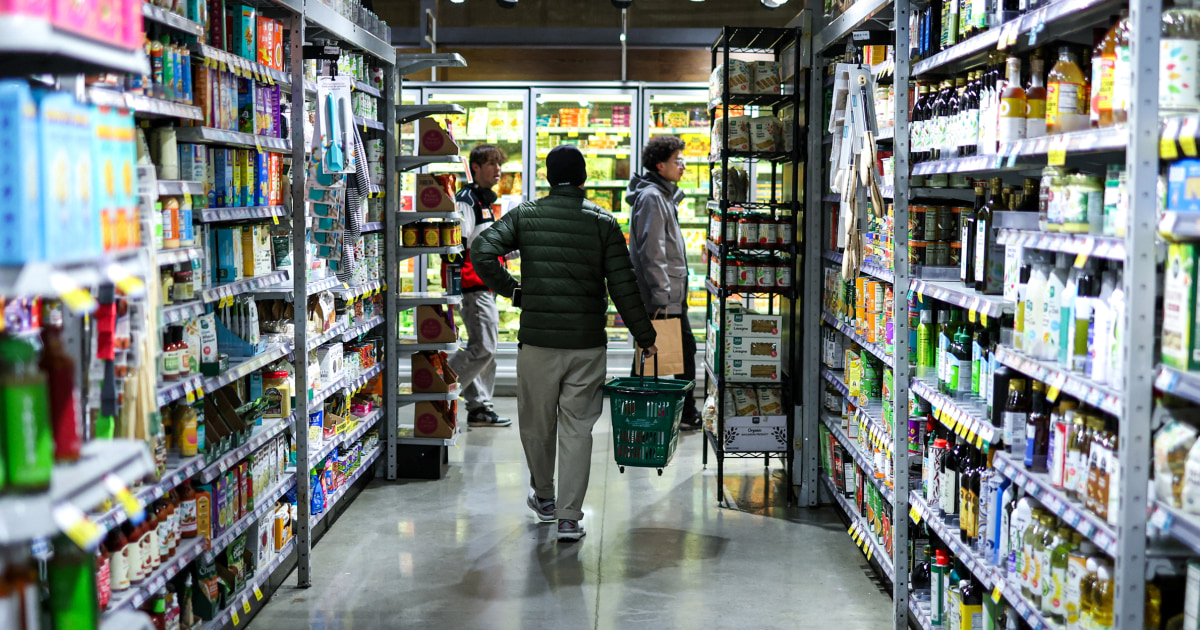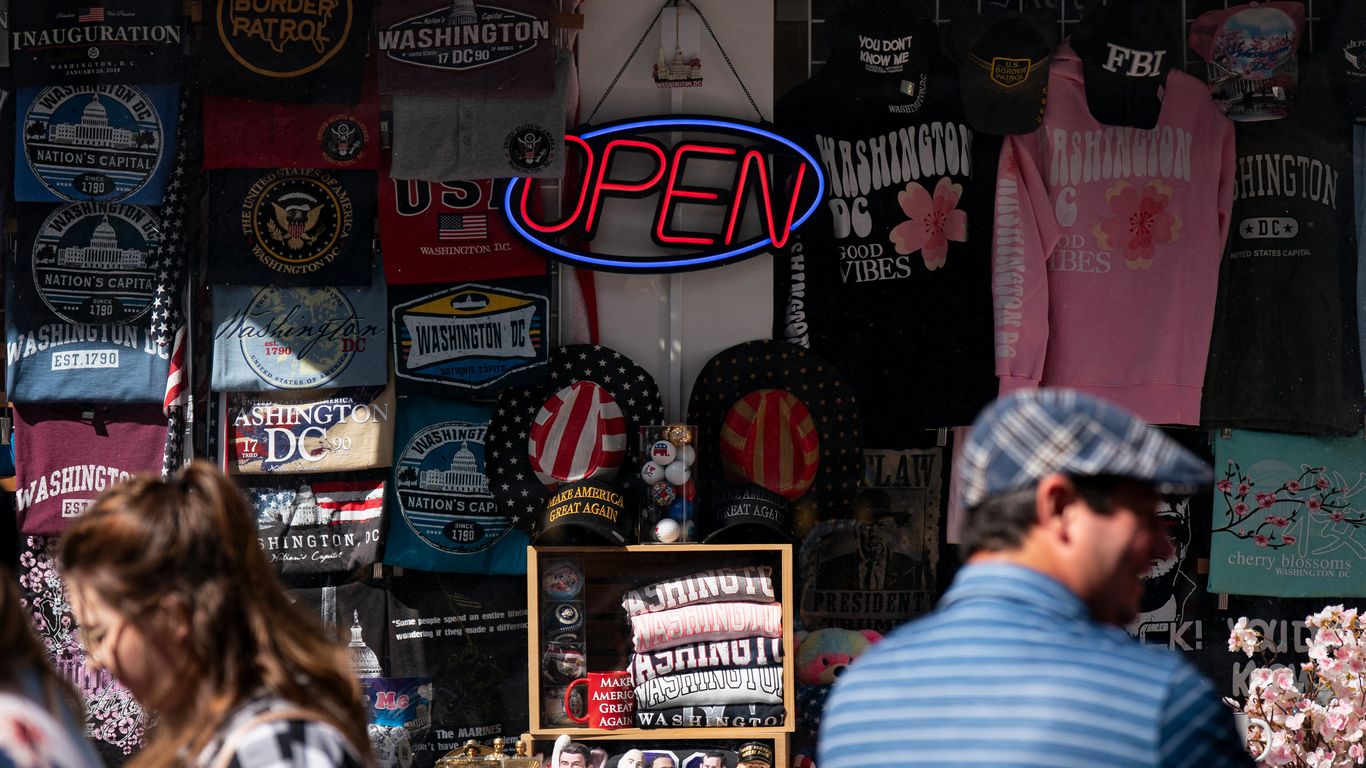U.S. Consumer Confidence Plummets Amid Inflation and Tariff Concerns
Consumer confidence falls to 12-year low as inflation and tariffs escalate concerns about economic stability and spending.
Overview
U.S. consumer confidence fell 7.2 points to 92.9 in March, its lowest level in four years, driven by rising prices and ongoing anxiety over President Trump's tariffs. The Conference Board noted expectations for the next six months dipped to 65.2, indicating potential recession fears. Retail giants Walmart and Target signaled caution in forecasts, echoing concerns about consumer behavior as inflation remains above the Federal Reserve's target. Americans are increasingly worried about their financial future and are adjusting spending habits, with some reports suggesting a potential pullback in discretionary spending amidst escalating economic uncertainties.
Content generated by AI—learn more or report issue.

Get both sides in 5 minutes with our daily newsletter.
Analysis
- Consumer confidence has dropped to a 12-year low, primarily due to fears surrounding inflation and tariffs, with the Conference Board's index declining 7.2 points in March to 92.9, falling short of economist expectations.
- Despite declining consumer sentiments, some retail giants such as Walmart continue to report cautiously optimistic consumer purchasing behaviors, although they are lowering profit forecasts due to economic uncertainty and potential tariff impacts.
- There are stark divisions in consumer confidence levels based on age and political affiliation, suggesting differing economic outlooks, particularly among those 55 and older who showed increased anxiety about financial prospects.
Articles (9)
Center (9)
FAQ
The decline in consumer confidence was primarily driven by rising concerns about tariffs and inflation. These economic uncertainties affected perceptions of future income, business conditions, and the job market.
The Conference Board's Consumer Confidence Index dropped by 7.2 points to 92.9 in March 2025, marking the fourth consecutive monthly decline. The Expectations Index fell to 65.2, indicating heightened fears of a potential recession.
Rising tariffs contribute to consumer anxiety by threatening to increase prices of imported goods. This economic uncertainty discourages spending, particularly on big-ticket items like homes and cars, though some consumers may seek to buy before tariffs take effect.
Major retailers like Walmart and Target are cautioning about their future performance due to consumer behavior changes. They are adjusting their profit forecasts downward due to potential decreases in spending and the impact of tariffs on their business models.
History
- 3M

 6 articles
6 articles







